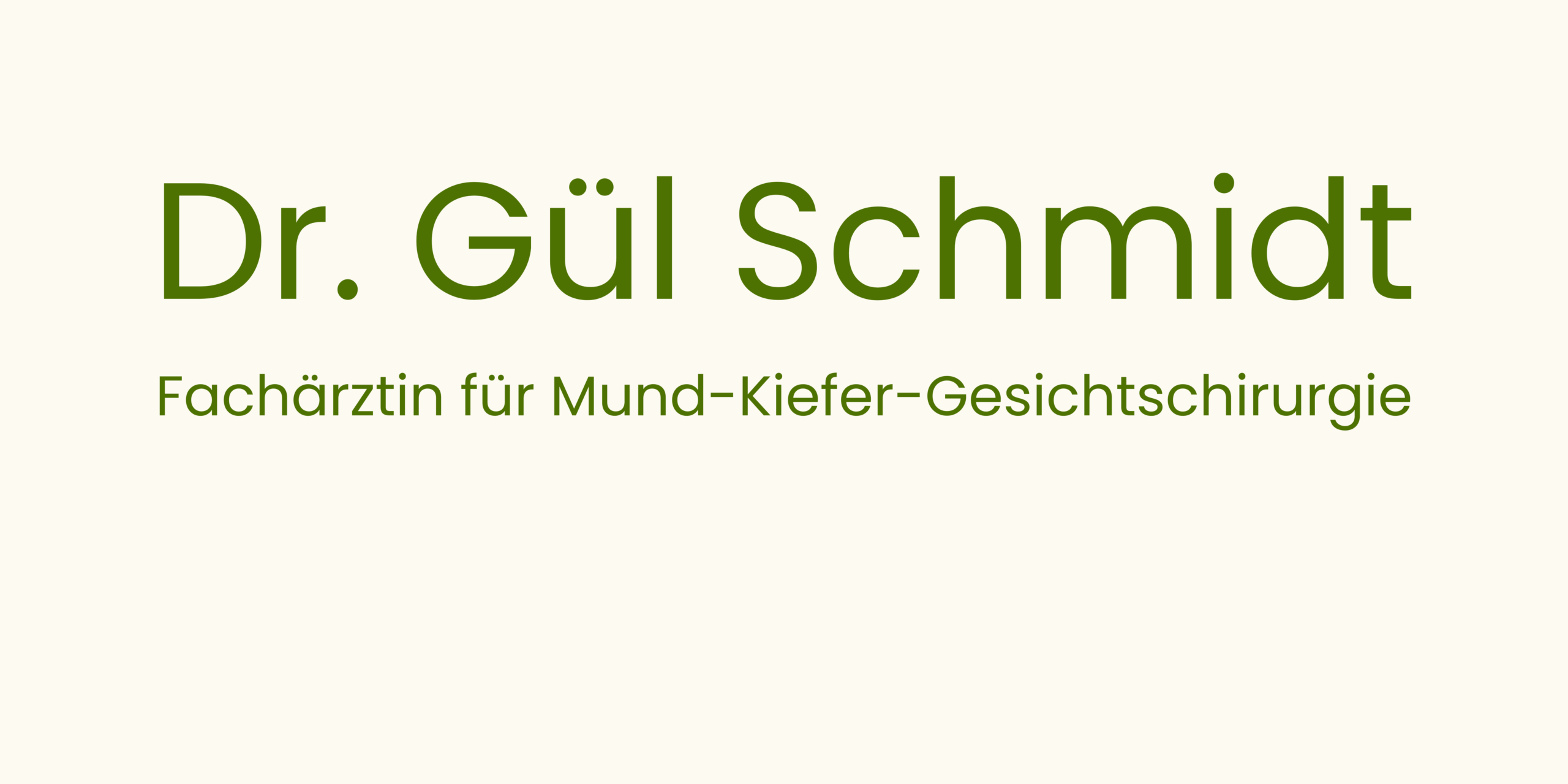Public funding and financial support
“Smile Strong” – A Guide for Parents
We would like to introduce the booklet “Smile Strong”, created as part of a parent-led initiative under the direction of Svea Adams.
It’s available as a free PDF download, and there is also a printed version available.
For inquiries, you can contact Svea Adams directly via email: info@smile-strong.com
Financial Support & Legal Entitlements
There are various forms of financial support available, which can be applied for through your child’s health insurance provider or the relevant social services office of your municipality or state.
In some cases, maternity leave can also be extended — this must be applied for via the mother’s health insurance.
Nursing Care Benefits (Pflegegeld)
Caring for a child with a cleft condition and associated functional challenges often involves significantly more effort. For this reason, nursing care benefits can be applied for through your child’s statutory health insurance.
To apply:
You will need a written diagnosis from your pediatrician
An independent assessor from the Medical Service (MD) will evaluate the additional care needs
The MD then recommends a nursing care level (Pflegegrad) to the insurance provider
The Medical Service (MD) is an independent medical assessment and advisory body that works on behalf of the health insurance funds.
Monthly Nursing Care Allowance (2025 Rates – per PUEG)
| Nursing Care Level | Monthly Benefit |
|---|---|
| Level 1 | €0 (no benefit) |
| Level 2 | €347 |
| Level 3 | €599 |
| Level 4 | €800 |
| Level 5 | €990 |
These rates are subject to change. For the latest updates, please refer to the website of the German Family Insurance.
Nursing Care Levels for Children
Children with special care needs are also eligible for a nursing care level. The process is similar to that for adults but adapted to suit a child’s developmental stage.
Special Provisions by Age:
Children under 18 months: Automatically assessed one level higher due to age-typical dependency.
Children under 11 years: Evaluations are based on age-appropriate development rather than adult independence. This ensures a fair and child-specific assessment.
Duration of Benefits
The duration depends on the level of additional care identified by the Medical Service. In some cases, benefits may end after the first treatment if no further care needs are recognized.
In other cases, support is granted for several years.
The assessor determines the validity period of the evaluation. Once it expires, a new assessment is required to determine whether the level of care remains the same, has increased, or decreased.
Do I Need to Report Pflegegeld When Receiving Unemployment Benefits (ALG II or Bürgergeld)?
Yes — but it does not count as income and will not be deducted from your benefits.
Is Pflegegeld Taxable?
No — nursing care benefits are tax-exempt and do not need to be reported in your income tax return.
However, please note that legal changes in the care sector may affect this in the future.
For current information, visit pflege.de.
Severe Disability ID (Schwerbehindertenausweis)
Children with cleft lip and palate are not automatically classified as severely disabled, but the law does allow for this designation due to significant functional impairments.
This makes your child eligible for a Severe Disability ID and the associated compensation benefits.
Where to Apply
Submit your application to the local social welfare office or state office for care and social services.
Most application forms are available online.
You’ll need a medical certificate from your child’s pediatrician.
To find your local office, visit: REHADAT
